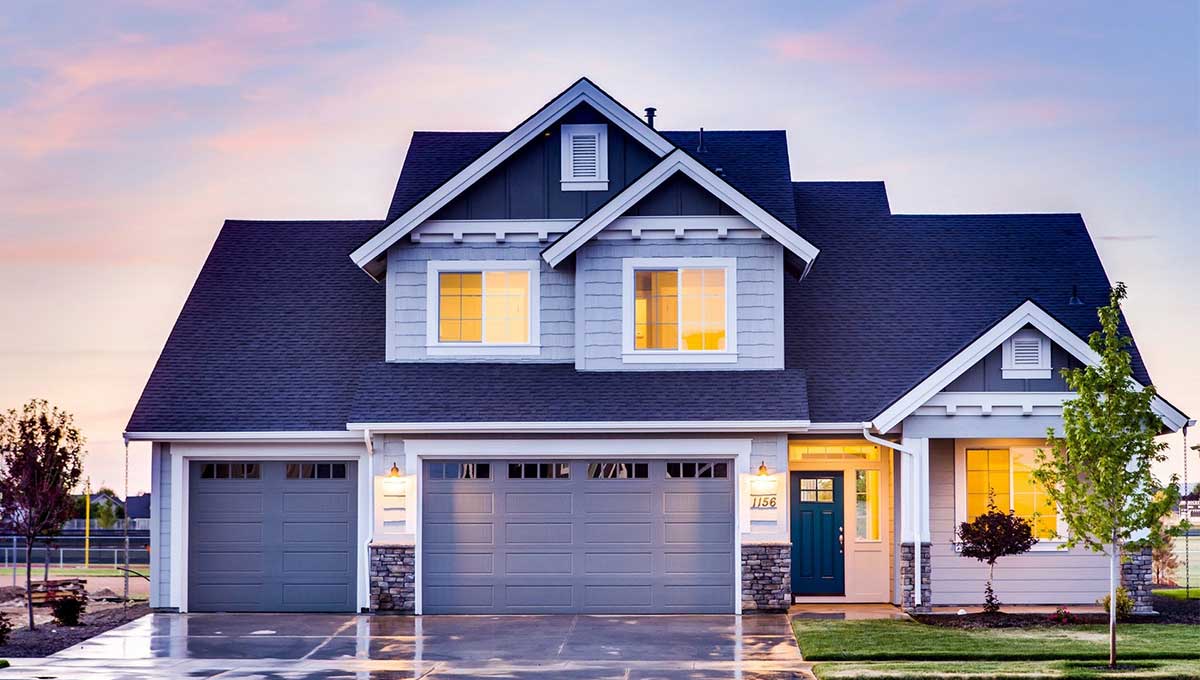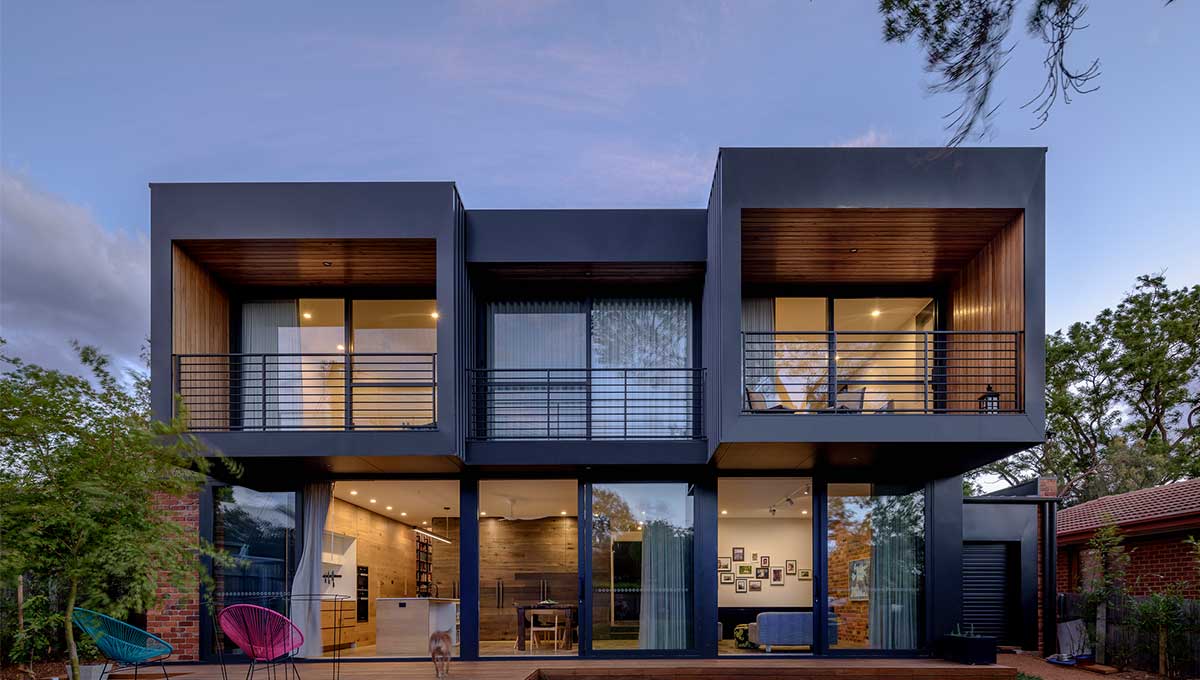Congratulations! We hear you're thinking about buying a new home. Or, at least we assumed that given that you're reading this article.
This is an exciting step! And, whether you're thinking about doing this now or a few years down the line, it's important to educate yourself.
One of the most notable distinctions to make when you're buying a new home is the difference between an open and closed mortgage.
If you have no idea what either of those terms is, just keep reading. We're going to discuss closed vs open mortgages and talk about how each can help you.
Closed vs Open Mortgage
Mortgages come with all sorts of different factors, like interest rates and term lengths. One of these factors is whether the mortgage is open or closed.
This is simply a characteristic of your mortgage. More specifically, it tells you what kind of borrowers you're going to have with your mortgage And, your choice can affect what kind of savings or costs you have.
Because the decision can affect your finances, it's important to make the right one. So, let's discuss both the closed mortgage and the open mortgage so that you can decide which one is best for you.
What Is a Closed Mortgage?
Closed mortgages are common in Canada. They offer lower interest rates.
But, you will be penalized for paying off all or part of your mortgage early.
Thus, families or individuals who are looking into closed mortgages need to decide what they care about more: a lower interest rate or their term length. You may prefer to pay your mortgage off faster to avoid higher interest payments. Or, you may prefer lower interest payments where you don't need to worry about paying your mortgage off faster.
Variable Rates vs Fixed Rates
Closed mortgages with variable rates have lower prepayment penalties than closed mortgages with fixed rates. And, closed mortgages with variable rates may give you access to the lowest mortgage rates out there.
This means that opting for a variable rate could give you lower interest payments while reducing penalties. It's a win-win for those Canadians who're opting for a closed mortgage over an open mortgage.
This gives individuals who need more flexibility with their mortgages an option to pay off more of their mortgage without being penalized harshly.
Of course, there is always a drawback.
If you do decide to opt for variable rates, you're may have changes in your prime mortgage rates. In turn, you could have higher payments throughout your mortgage term.
What Is an Open Mortgage?
On the other hand, open mortgages are more flexible. You can increase your mortgage payments whether it be by lump sum or individual payments. Your lender won't penalize you for paying off your mortgage early.
Often, families and individuals use open mortgages when they've received or expect to receive additional cash. They can then use this cash to help pay off the mortgage.
The additional cash that they receive may be from an inheritance, the sale of their previous home, an increase in income, or some other means of receiving payment.
Difference Between Open and Closed Mortgage
Just like any other choice that you need to make with your home-buying experience, you need to decide which kind of mortgage you want to go for. Do you want a closed mortgage or an open mortgage?
Covering the open and closed mortgage definitions isn't enough. So, we're going to look at the pros and cons of each mortgage type.
Closed Mortgage
Those who choose the closed mortgage are looking to take advantage of lower interest rates. Closed mortgage rates are lower than open mortgage rates.
But, with this, they have to handle a few disadvantages.
Although those who use closed mortgages can get lower interest rates, they also cannot pay their mortgage off early. More specifically, this means that they cannot increase their regular payments without refinancing their entire mortgage.
If you'd like to, you can refinance your mortgage. But, this can be a lengthy and expensive process. So, all of the hassles may not be worth the end result.
And, if someone with a closed mortgage makes large payments towards that mortgage, they can incur harsh penalties. If you've signed with a lender for a closed mortgage, they should have detailed these penalties within the agreement. You should know these inside and out to ensure that you're not breaking your agreement with the lender.
So, in sum, these are the pros and cons of a closed mortgage:
Pros
- You will receive lower interest rates with a closed mortgage
Cons
- You cannot increase your regular mortgage payments without refinancing your mortgage or incurring penalties
- You cannot pay your mortgage off early without incurring penalties
Overall, those who are considering a closed mortgage need to decide whether or not the lower interest rates are worth the possible penalties that they may need to work around.
Often, people don't need to worry about paying their mortgage off early or making larger payments. So, they stick with a closed mortgage because they can make the same monthly payment with a lower interest rate.
Open Mortgage
As we discussed, an open mortgage is much more flexible than a closed mortgage.
With an open mortgage, you can increase your regular payments without penalty. Some lenders may have small penalties for those who decide to make larger payments than they agreed upon. But, these penalties tend to be small.
When in doubt, read the agreement that you're making with your lender. You should be clear on the potential penalties that you could incur before signing any agreements.
Open mortgages also give you the freedom to make a lump sum towards your mortgage at any time during your term length. Again, you'll have little to no penalty for doing this.
If you do decide that you'd like to refinance your mortgage, refinancing an open mortgage is cheaper than doing so with a closed mortgage. So, you have the flexibility to change the agreement if you'd like. Although, you should know that there will be some costs associated with refinancing.
The one disadvantage that comes with all of this flexibility is the fact that open mortgages have higher interest rates.
So, in sum, these are the pros and cons of an open mortgage:
Pros
- You can increase your monthly payment with little to no penalty
- You can make a lump-sum payment at any time during your term length with little to no penalty
- You refinance an open mortgage for less than a closed mortgage
Cons
- You'll have higher interest rates
Overall, those who are considering an open mortgage need to decide whether or not all of the flexibility is worth the higher mortgage rates. You may decide that you'd rather have the higher interest rate because you can pay off your mortgage quickly.
Or, you may decide that you don't need to worry about paying off the mortgage quickly. Therefore, you can opt for a closed mortgage.
Get the Coverage You Want at the Best Rates
Get quotes in minutes and save on the best insurance policies.
Get QuotesDeciding Between a Closed Mortgage and an Open Mortgage
Most Canadians opt for a closed mortgage. This kind of mortgage agreement gives them the best value for their money.
Yes, the open mortgage is more flexible. But, most homeowners don't have the means to pay off the entirety of their mortgage any time soon. So, they opt for a fixed plan that gives them time to pay off the loan.
Plus, the lower interest rates that come with a closed mortgage can save homeowners a large amount of money.
However, your choice may and should be different if you feel that you can pay off the entirety of or a significant portion of your mortgage. If you're going to receive additional funds in the future, you should consider that the flexibility of an open mortgage may save you more money in the end.
The faster you can pay off your mortgage, the less you'll pay in total interest payments.
So, here are some scenarios in which you may want to consider going for an open mortgage:
- You're going to sell a home soon and would like to use the proceeds from that sale to go towards this mortgage
- You're going to get an inheritance payment soon and you'd like to use those funds towards your mortgage
- You're going to increase your income via a new job or a promotion
Remember, most Canadians opt for a closed mortgage. But, that doesn't mean that you shouldn't consider an open mortgage especially if you have the means of paying the mortgage off early.
Comparing Mortgage Rates
When it comes down to it, the battle of closed vs open mortgages comes down to the interest rates. It's all about getting the best deal for your mortgage situation and finding the interest rate that suits your pockets.
So, take a look at the best mortgage rates in Canada.
And, if you need more help navigating your new road to homeownership, our team here at Insurdinary has the financial information you need to succeed.






